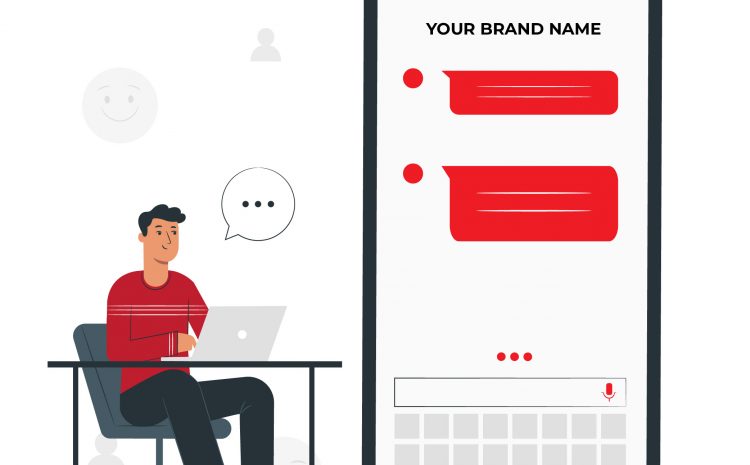The Role of SMS in Customer Retention Strategies 2024
SMS (Short Message Service) plays a crucial role in customer retention strategies due to its direct, immediate, and personal nature. Here are several key aspects of how SMS can be effectively utilized in customer retention:
Table of Contents

1. Personalized Communication
SMS allows businesses to send personalized messages to customers. Personalization can include addressing customers by their names, sending tailored offers based on their purchase history, and acknowledging significant dates such as birthdays or anniversaries. Personalized messages make customers feel valued and increase their loyalty to the brand. Ultimately, incorporating SMS into customer retention strategies fosters stronger customer relationships, drives repeat business, and contributes to long-term success. As businesses continue to evolve in a digital world, SMS remains a vital tool for maintaining meaningful and effective customer engagement.
2. Promotional Offers and Discounts
Sending exclusive offers and discounts via SMS can encourage repeat purchases. Limited-time offers and flash sales delivered through SMS create a sense of urgency and can drive immediate action from customers.
3. Loyalty Programs
SMS can be used to inform customers about loyalty program updates, points balance, and rewards. Regular updates keep customers engaged with the program and motivate them to make additional purchases to earn more rewards.
4. Customer Feedback and Surveys
Requesting feedback and conducting surveys via SMS is a quick and effective way to understand customer satisfaction and areas for improvement. Short, simple surveys can yield high response rates and provide valuable insights into customer experiences.
5. Transactional Messages
Order confirmations, shipping notifications, and appointment reminders sent via SMS enhance the customer experience by keeping them informed and reducing anxiety about their transactions. Timely and accurate updates build trust and reliability.
6. Event Notifications
Informing customers about upcoming events, product launches, or special promotions via SMS ensures they don’t miss out on important happenings. This can drive attendance and participation, further strengthening customer relationships.
7. Customer Service and Support
SMS can be an effective channel for providing customer service and support. Quick responses to customer inquiries and issues via SMS can lead to higher satisfaction rates and foster a positive image of the brand.
8. Re-engagement Campaigns
For customers who have not interacted with the brand for a while, SMS can be used to re-engage them. Sending a friendly reminder, a special offer, or a simple “we miss you” message can reignite their interest and bring them back.
9. Cross-Selling and Up-Selling
SMS can be used to suggest complementary products or services based on previous purchases. These targeted suggestions can increase the average order value and enhance the overall customer experience.
10. Timeliness and Read Rates
SMS messages are typically read within minutes of being received, making it an incredibly timely channel. The high open and read rates of SMS ensure that messages are seen and considered, unlike emails that may get lost in crowded inboxes.
Best Practices for SMS in Customer Retention
- Permission-Based Messaging: Always obtain explicit consent from customers before sending SMS messages to ensure compliance with regulations and maintain trust.
- Frequency Management: Avoid bombarding customers with too many messages. Finding the right balance in message frequency is key to keeping customers engaged without causing annoyance.
- Clear and Concise Messages: SMS messages have a character limit, so it’s important to be clear and to the point. Deliver the essential information succinctly.
- Opt-Out Options: Provide easy opt-out options in every message to respect customer preferences and maintain a positive relationship.
Conclusion
Incorporating SMS into customer retention strategies can significantly enhance the effectiveness of retaining and engaging customers. The direct, immediate, and personal nature of SMS allows businesses to maintain close and meaningful communication with their customers. By leveraging personalized communication, promotional offers, loyalty programs, customer feedback, transactional messages, event notifications, customer service, re-engagement campaigns, cross-selling, and up-selling, businesses can create a more responsive and customer-centric approach.
Ultimately, incorporating SMS into customer retention strategies fosters stronger customer relationships, drives repeat business, and contributes to long-term success. As businesses continue to evolve in a digital world, SMS remains a vital tool for maintaining meaningful and effective customer engagement.



Write a Comment